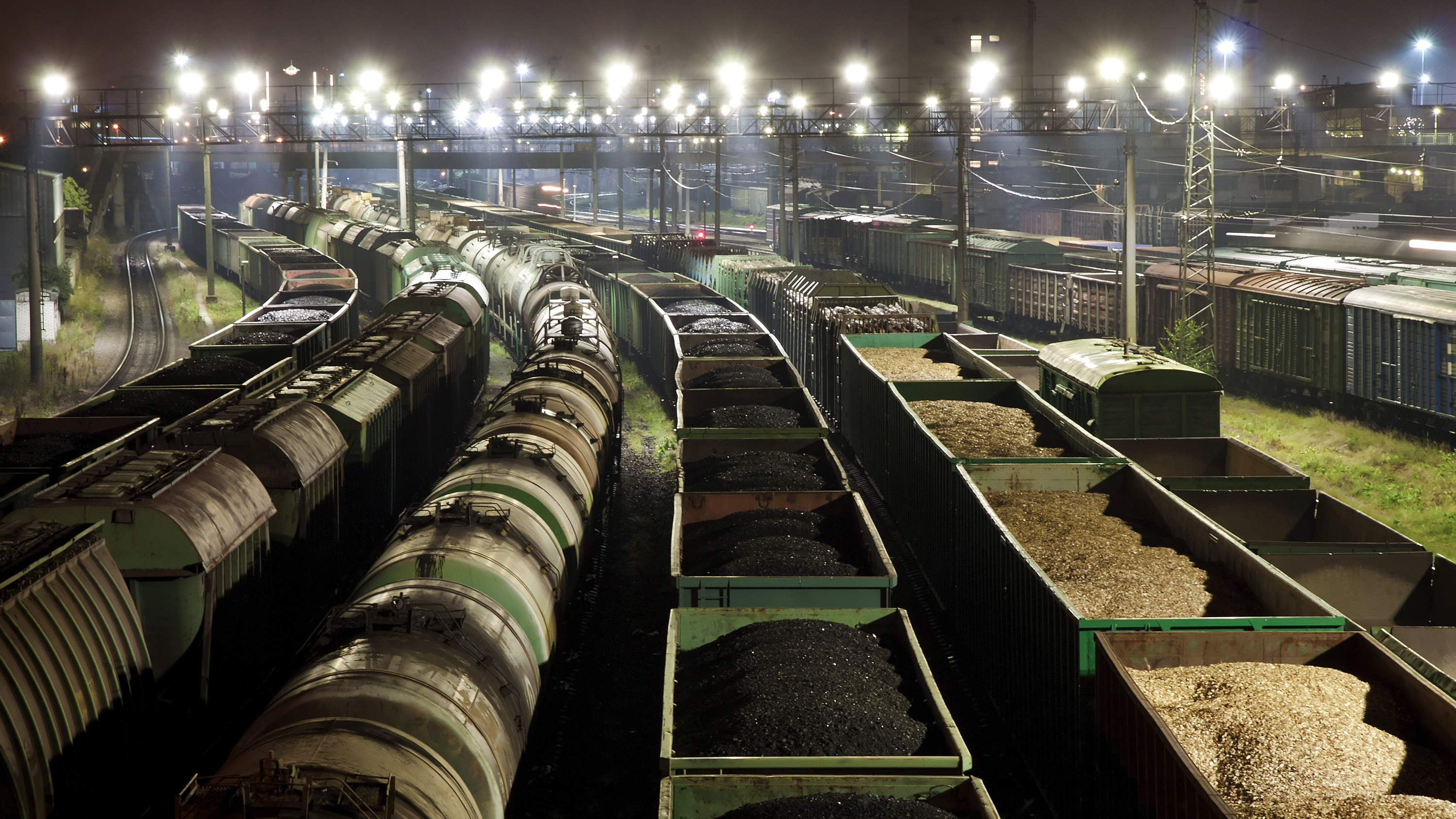The U.S. agriculture and energy sectors might be facing a Jets and Sharks situation: Our railroad system just ain’t big enough for the two of them! Unfortunately, this scenario is unlikely to involve a highly choreographed mambo dance-off, not that we wouldn’t love to see Rex Tillerson’s moves. He’d make a great Bernardo.
American farmers are becoming concerned that coal and oil companies’ increased use of railroad shipping will crowd out grain trains. The Western Organization of Resource Councils warns in a recent report that railway congestion will only increase in coming years, especially as coal export facilities are built up in the Pacific Northwest. The report largely focuses on traffic between the coal-rich Powder River Basin region of southeastern Montana and northeastern Wyoming, and port cities such as Seattle, Portland, and Vancouver, Wash.
Compounding the coal issue, oil transport by train has exponentially increased in recent years. There were more than 40 times as many oil shipments by rail last year as there were just five years prior.
From the WORC report:
The voluminous and very profitable [Powder River Basin] to PNW [Pacific Northwest] export coal traffic and profitable Bakken oil traffic to the PNW would consume most of the existing rail capacity, which would displace traffic and result in higher freight rates for other rail shippers.
Grain farmers in Montana, who largely grow for export, are starting to get worried. The Daily Climate reports:
Kremlin, Mont. wheat farmer Ryan McCormick says he hasn’t yet had any problems moving his crop from the state’s remote northern border. But he senses trouble on the horizon. BNSF, he said, “has been well in front of telling us there are going to be some issues in the next couple years.”
Farmers like McCormick don’t have other options for moving large quantities of grain for export. It would take about 400 truckloads to move the same amount of grain carried by the typical 110-car train.
Railroad traffic jams won’t just affect industrial shippers, either. According to the WORC report, Amtrak romantics can expect significant congestion on the Empire Builder line, which runs between Chicago and Seattle.
What could be more American than a gang rivalry between nonrenewable energy and wheat, our nation’s two great loves? Time to pick sides!




